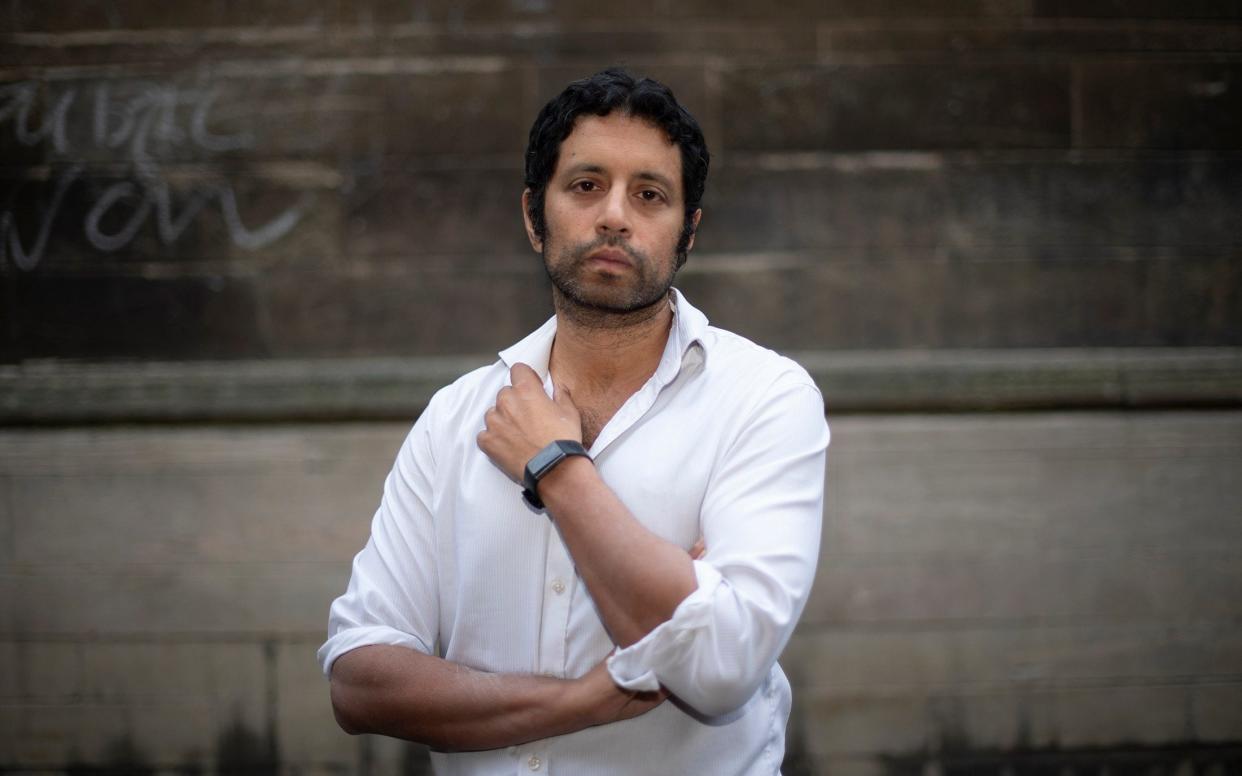Free speech will return to our great universities

One in seven students does not feel free to express their views on campus. Studies have shown more than 30 per cent of academics self-censoring – about twice the rate of most European countries. And the UK has slipped to about sixtieth place in the global Academic Freedom Index. We know there is a problem with free speech in English higher education.
Changes are coming to how it is protected. Following new legislation, the Office for Students (OfS) – the independent regulator of higher education in England – will launch a new complaints scheme.
The scheme will be free to use for students, staff at universities and visiting speakers who believe that their free speech rights have been constrained. Only lawful free speech is protected. So speech which incites violence, or racial hatred, or is otherwise illegal, is not protected. But there is no protection in law from feeling offended. Indeed, an effective higher education includes exposure to views which are unpopular and difficult.
This week the OfS has published draft guidance to help universities, colleges and students’ unions to navigate their responsibilities under the new legislation. It includes hypothetical examples to show these organisations both where free speech might have been constrained, and what they may have to do to secure it.
The examples cover various issues – from global politics, to gender, to relationships with overseas regimes that may undermine free speech in English higher education.
We outline, in particular, an example where a university accepts international students on visiting scholarships funded by a foreign government. The scholars must accept the principles of that government and receive direction from it via consular staff. Such an arrangement may undermine free speech and academic freedom at the university. We will consider each case on its facts, but if there is suppression of free speech or academic freedom within the law, the university would likely be required to change or terminate this scholarship agreement.
This example is fundamentally important. Any international arrangement that undermines free speech or academic freedom risks higher education providers breaching their new duties. Free speech at our universities is not for sale to any foreign government or agency. Universities and colleges should make sure, now, that all their teaching and research activities uphold the relevant free speech requirements.
Of course international students contribute enormously to the academic and cultural life of our universities, and they bring wider economic benefits too. It is entirely understandable that universities want to attract students from around the world. They help to preserve and enhance the (much deserved) global reputation of higher education in England.
It is also true that the higher education sector faces a number of financial challenges. Last year, we warned that one of these was an overreliance on fees from international students. We wrote to 23 institutions seeking assurance that they had contingency plans in place in case recruitment patterns change.
But while a warm welcome to international students should persist, universities and colleges must not permit any situation where academics bite their tongues and students look over their shoulders in fear of authoritarian regimes that seek to undermine their freedoms. Universities are alive to the risk of overreliance on international students. That risk cannot, and will not, excuse any organisation from meeting its legal free speech duties.
I am confident that many universities, colleges and students’ unions are already upholding free speech and academic freedom within the law. They rightly see this as an essential part of their work, and something which is crucial for students from all backgrounds to flourish. A high quality university experience depends upon it, and the OfS’s work will seek to ensure it.
Arif Ahmed is director for freedom of speech and academic freedom at the Office for Students

